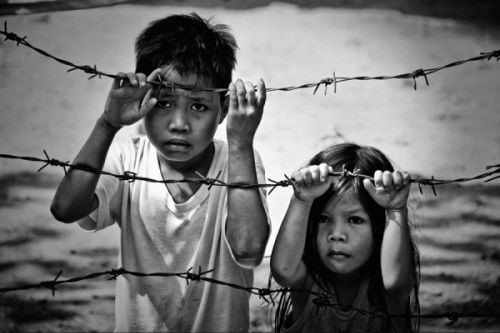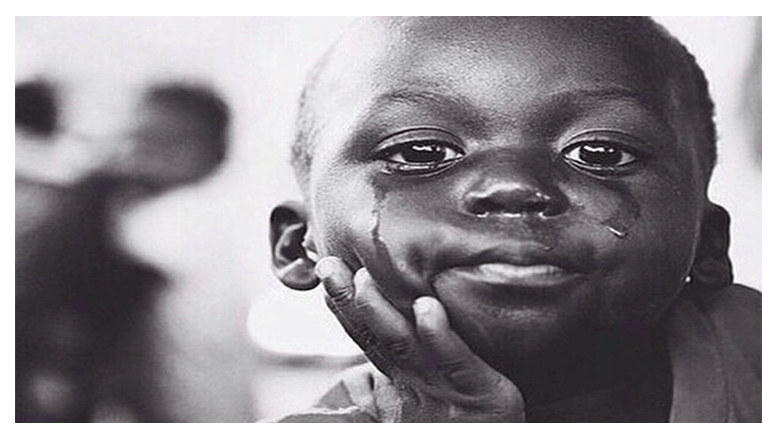Childhood Development is the bridge to the betterment of the future.
Children must be taught how to think, not what to think.
Margaret Mead
In today’s society, childhood development is not just an educational concern — it is a moral, emotional, and societal one. Yet, many educational systems continue to follow outdated models that prioritise standardisation over individuality. Instead of nurturing curiosity and independent thinking, many institutions push children to conform, memorise, and perform — like machines trained for efficiency, not understanding.
This early conditioning shapes not only minds but entire lives.
Why Childhood Development Truly Matters?
Childhood development plays a vital role in shaping the future of human society. It extends beyond physical growth or academic milestones — it is about nurturing the whole child: their mind, spirit, emotions, and conscience.
Creative expression should be treated as a fundamental right, not an optional luxury. When children are allowed to imagine, question, and explore, they build the capacity for deeper understanding rather than superficial memorisation. Teaching children to learn, unlearn, and relearn empowers them to become lifelong learners — and more importantly, empathetic, aware individuals.
But this cannot be achieved in an environment where errors are punished, or where rigid systems shame children for not absorbing information the “correct” way. Instead, educators and caregivers must foster spaces where compassion, inquiry, and resilience thrive.
The Silent Impact of Authority
Most parents and teachers intend well. They try to instil values, offer protection, and guide their children. But where is the line between guidance and control?
Is it wise to prevent children from making innocent mistakes?
Can protection become restriction in disguise?
Often, adults unconsciously repeat cycles from their unresolved traumas. When their wounds remain unhealed, those patterns can get passed down — not through genetics, but through behavior. What begins as concern may evolve into domination. What starts as protection might become suppression.
Are we raising empowered individuals or silently breaking them in the name of discipline?
Emotional Baggage and the Future of Parenting
Many adults today carry scars from childhood — invisible, but heavy. They mimic adult lives while silently grieving lost innocence, unmet needs, or suppressed emotions. Some try to heal by creating families of their own, hoping love will fix what pain left behind.
But love alone isn’t enough.
To raise a child is a huge responsibility. It requires emotional intelligence, mental stability, and deliberate preparation — not just a desire, but readiness. Parenting is not simply about providing shelter or education. It’s about presence, patience, and self-awareness.
So, when adults have children without the time, money, or emotional maturity to raise them, who ultimately suffers?

The Forgotten and the Privileged
Every year, countless children are orphaned due to war, poverty, illness, and neglect. Despite the best efforts of childcare institutions, no service can replace the safety and comfort of a loving home. A child’s education begins long before formal schooling — it begins the moment they take their first breath.
On the flip side, children in wealthy households may receive the best education money can buy, yet lack something more vital — time and affection. Being surrounded by luxuries doesn’t compensate for emotional absence. A child left alone in a mansion can feel just as abandoned as one left in an alley.
In lower-income families, financial stress can push children into early labour or emotional neglect. In both cases — whether it’s too much control or too little involvement — the child’s growth is compromised.
Children Do Not Owe Us Anything
This is a truth society often forgets: Children do not choose to be born. Adults choose to bring them into the world, and that decision carries weight.
Children should not have to sacrifice their dreams, mental health, or childhood to accommodate the immaturity, unpreparedness, or guilt of their parents. Adults must stop framing their children as obligations or investments expected to yield returns.
Instead, children deserve freedom — to be, to feel, to learn, and to fail without fear.
If someone cannot raise a child with love, time, and care — should they have one at all?
Too often, we expect children to be the bandage for our emotional wounds or the solution to our financial instability. But the pursuit of happiness — for both parent and child — should not come at the cost of emotional debt or survival pressures.
Raising a child in a healthy, balanced environment means ensuring that your quest for happiness does not place a burden on theirs.
Who Is Responsible for the Cycle?
When struggling adults criticise governments, gods, or the wealthy for their hardship, is that truly the whole picture? Or are we ignoring the personal accountability behind choices?
Why do some continue to grow their families despite being unable to provide for themselves? These questions are not meant to shame, but to reflect. Parenthood must be treated with the seriousness it deserves — not as an obligation to tradition, nor as an escape from personal grief.
These complex issues lead to broader questions around reproductive rights and societal structures — topics that warrant deeper exploration in future conversations.
Building a New Foundation
As philosopher Aristotle once said,
“Educating the mind without educating the heart is no education at all.”
Children need more than facts. They need empathy, critical thinking, and the courage to ask why. By developing their ability to reason, question, and create, we raise individuals who can contribute meaningfully to society, not just survive in it.
They must be encouraged to pursue what excites them. To explore who they are. To stretch their imagination and dare to be different.
Only then can we prepare the next generation to face life’s uncertainties with strength and clarity.
A Call for Conscious Nurturing
Childhood development is not merely a stage — it is the foundation of human progress. It is where values are shaped, dreams are formed, and confidence is built. If we truly want a better future, we must start by giving children the freedom, care, and understanding they deserve today.
Let us raise not just children, but whole humans.

